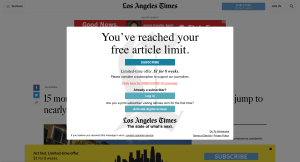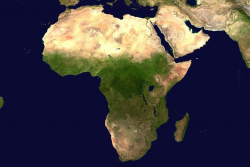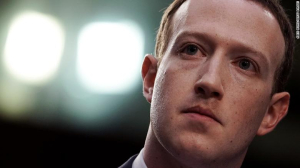There’s a difference. The New Yorker knows this. But, like Mark Zuckerberg, Conde Nast doesn’t care.
An immoral actor deliberately does things they know are wrong.
An amoral actor does things without regard to whether they’re wrong or not.
Facebook can’t afford to be moral. No tech company can. Creative destruction happens so fast I barely have time to call a company “clueless” before it faces the consequences. (Hello, Zillow.)
Corporate graveyards are littered with the molding corpses of companies that tried to defy this axiom. I have been watching tech for four decades now. It’s beyond obvious.

This gives a huge advantage to autocrats. China watched its tech market grow, free and unfettered, for decades. They witnessed the excesses, the monopolization, and one-sided deals. They saw how employees, customers and small businesses were being destroyed by companies like Alibaba and they acted. You may not like the actions, or how it all went down, but when the hammer fell there was no place for the oligarchs to hide.

Paying for services like news, storefronts or banking is a First World solution not available in Africa. In Nigeria, with the continent’s biggest GDP, the average person brings in $2,272 per year. As paywalls become the norm, only rich people can get information. That’s not a solution.
Fortunately, there’s a third control point for corporate amorality. That’s corporate stupidity. GE, IBM, Intel, and AT&T have all been brought low, just in the last decade, by corporate stupidity.

During my career I’ve seen many companies outlive their usefulness before their founders retired. Remember Silicon Graphics? Remember Wang Labs? Great companies, run by great entrepreneurs, they missed the market’s changes and paid the ultimate price. There are hundreds of others every year.
Stupidity will take Mark Zuckerberg down, then the market will take him down, long before the government can get its pants on to stop him. Put that in your paywall and smoke it.











